Humans
Sign up for our newsletter
We summarize the week's scientific breakthroughs every Thursday.
-
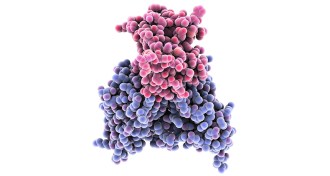 Health & Medicine
Health & MedicineGetting dengue first may make Zika infection much worse
Experiments in cells and mice suggest that a previous exposure to dengue or West Nile can make a Zika virus infection worse.
-
 Health & Medicine
Health & MedicineFor kids, daily juice probably won’t pack on the pounds
An analysis of existing studies suggests that regular juice drinking isn’t linked to much weight gain in kids.
-
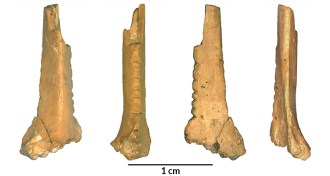 Anthropology
AnthropologyNeandertals had an eye for patterns
Neandertals carved notches in a raven bone, possibly to produce a pleasing or symbolic pattern, scientists say.
By Bruce Bower -
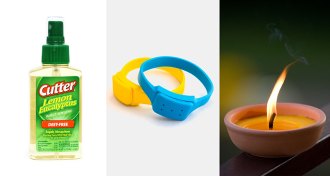 Health & Medicine
Health & MedicineSpray-on mosquito repellents are more effective than other devices
To avoid mosquito bites, stick with spray-on repellents and skip the bracelets and citronella candles, a new study says.
-
 Health & Medicine
Health & MedicineDon’t put greasy Q-tips up your kid’s nose, and other nosebleed advice
Nosebleeds in children are common and usually nothing to fret about.
-
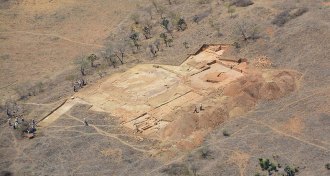 Archaeology
ArchaeologyPalace remains in Mexico point to ancient rise of centralized power
An ancient royal structure gets new life in southern Mexico.
By Bruce Bower -
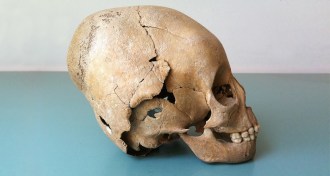 Archaeology
ArchaeologyAncient Romans may have been cozier with Huns than they let on
Nomadic Huns and Roman farmers shared ways of life on the Roman Empire’s fifth century frontier.
By Bruce Bower -
 Health & Medicine
Health & MedicineDengue fever spreads in a neighborly way
Individual strains of dengue spread locally, and new infections cluster near the home of the first person affected.
-
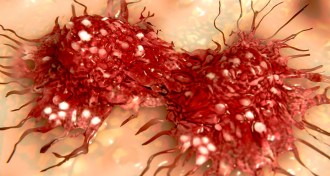 Health & Medicine
Health & MedicineRandom mutations play large role in cancer, study finds
Mistakes made while copying DNA account for more mutations in cancer cells than environment or inheritance do.
-
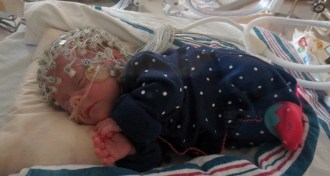 Health & Medicine
Health & MedicineTouches early in life may make a big impact on newborn babies’ brains
The type and amount of touches a newborn baby gets in the first days of life may shape later responses to touch perception, a study suggests.
-
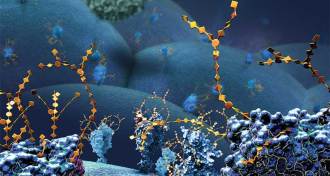 Health & Medicine
Health & MedicineCancer cells cast a sweet spell on the immune system
Tumors have surface sugars that persuade the body’s defenses to look the other way. New therapies are being devised to break the trance.
-
 Neuroscience
NeuroscienceSmartphones may be changing the way we think
We rely on our digital devices to connect with others and for memory and navigation shortcuts. What is that doing to our brains?